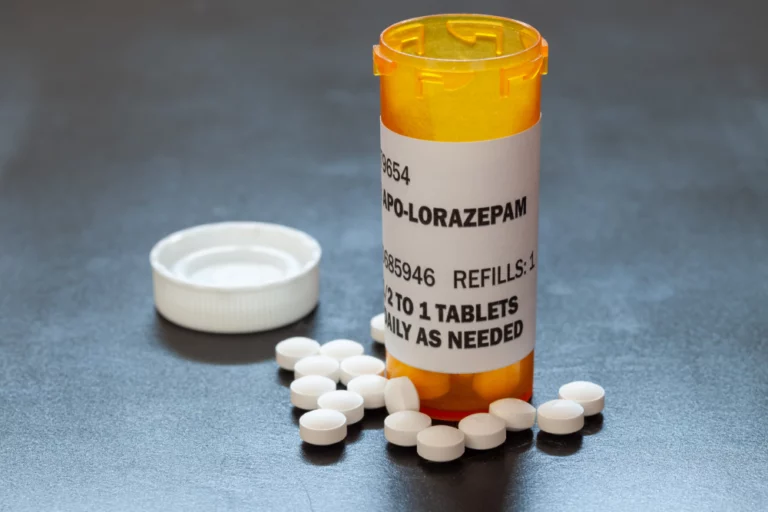Philip Seymour Hoffman was a renowned, respected actor who lost his life to heroin in a not-so-uncommon celebrity overdose scenario on February 2, 2014. In his Greenwich Village apartment, they found Hoffman lying with a needle in his arm, surrounded by 65 unused baggies of heroin.
Logically, one wonders how someone gets to such a devastating point in their lives such as this. After all, if someone is rich and famous, why would they need drugs to keep them happy? The answer is that addiction crosses all boundaries. It doesn’t care if you are rich or poor, happy or sad. It just demands that you fill the hole that has been created within yourself.
Where It All Began
Hoffman’s problem with addiction began when he was 22 years old when he became addicted to drugs and alcohol. After graduating from New York University, he received treatment for his addiction, after he got “panicked” for his life.
Hoffman went on to remain sober for over two decades, 23 years of his life. Abstinence worked for him, and then all of a sudden it no longer did. The bottom line appears to be that if the addiction is there to begin with, the addiction will always exist.
May 2013
In May of 2013, Hoffman experienced his first relapse, when he admitted to snorting heroin. However, he did the right thing by entering a detox program for 10 days to help him get back on track.
His wife, Mimi O’Donnell explains that Hoffman had entered a sort of midlife crisis, and stopped attending his AA meetings. She felt that “something was brewing.” She says that Hoffman began having a few drinks here and there and later told her that he had got his hands on some prescription opioids.
After he starred in the Broadway play, “Death of a Salesman,” he began to use heroin. He checked himself into rehab twice to overcome his addiction, but to no avail.
Celebrity Overdose: February 2014
Hoffman returned home from Atlanta after filming “The Hunger Games.” He started using again, and he was found dead three days after that.
Why Did Rehab Not Work for Him?
Perhaps one question you might be asking yourself is why did rehab not work for Philip Seymour Hoffman? I mean, after all, each time he “fell off of the horse” so to speak, he went to rehab to get better. Isn’t rehab supposed to cure you of your addiction? The answer is unfortunately not that cut and dry. You can use rehab to detox yourself and help get you on the right track, but the final choice is still ultimately up to you whether or not you will relapse or not.
Staying clean requires a lifelong vigilance, as demonstrated in Hoffman’s story. Although the chance of relapsing does decrease as time goes on, the possibility of you giving in to temptation is always going to be there. Long-term studies have shown that around 25% of heroin users relapse after 15 years of sobriety. An addict can be in recovery, but never really “cured.”
About PAWS
Post-Acute Withdrawal Syndrome, or PAWS, is a set of uncomfortable symptoms that are experienced often long after someone has gone through detox and remained sober. Characterized by the desire to use their substance of choice again, people experiencing PAWS may also feel some of the following symptoms:
- Anxiety or panic
- Depression
- Irritability
- Difficulty performing cognitive tasks
- Being obsessive-compulsive
- Being apathetic or pessimistic
- Inability to sleep
- Being sensitive to stress
- Trouble maintaining social relationships
Symptoms of PAWS may come and go, with no apparent reason. They can happen many years after an individual has given up drugs or alcohol. As a result of PAWS, many people slip into relapse.
The Mind of an Addict
Some think that they can use just one time, or just a little bit, in a moment of weakness. Others try using a different drug instead of their drug of choice so that they don’t feel like they are really relapsing.
Heroin is especially difficult to give up forever, because it overrides the brain’s pleasure center. Inside of your brain, heroin is chemically transformed into morphine, which is what gives you a rush of intense euphoria.
Every time you use heroin, the brain tells your body that it wants more and more. As time goes on, the circuitry of the brain becomes entirely changed so that getting high becomes an obsession.
When you stop using heroin, these changes to your brain aren’t reversed. Once your brain has been rewired, there is no going back. Your brain will always want more. This sets you up for relapse and also explains why heroin relapses are often fatal.
When you haven’t used in years, your brain wants a lot, but your body can only handle a little. The addict then takes too much and the body can’t take it. An overdose happens as a result.
Get Help at Asheville Detox Before It’s Too Late
Celebrity overdose stories are bleak reminders of how addiction touches us all. If you are struggling to overcome a heroin addiction, understand that there is hope, and there is help for you. We at Asheville Detox are not here to judge or punish you for the mistakes you have made in life.
We are here to help you gain control over your mind and body again. Don’t allow your life to end in a tragic story. Know that you have the power to let go of your addiction, and we have the tools to help keep you sober. Please call our team of friendly associates today. Whether you have relapsed or if it is your first time going into rehab, we will be by your side and help keep you safe and comfortable. Contact us today.










